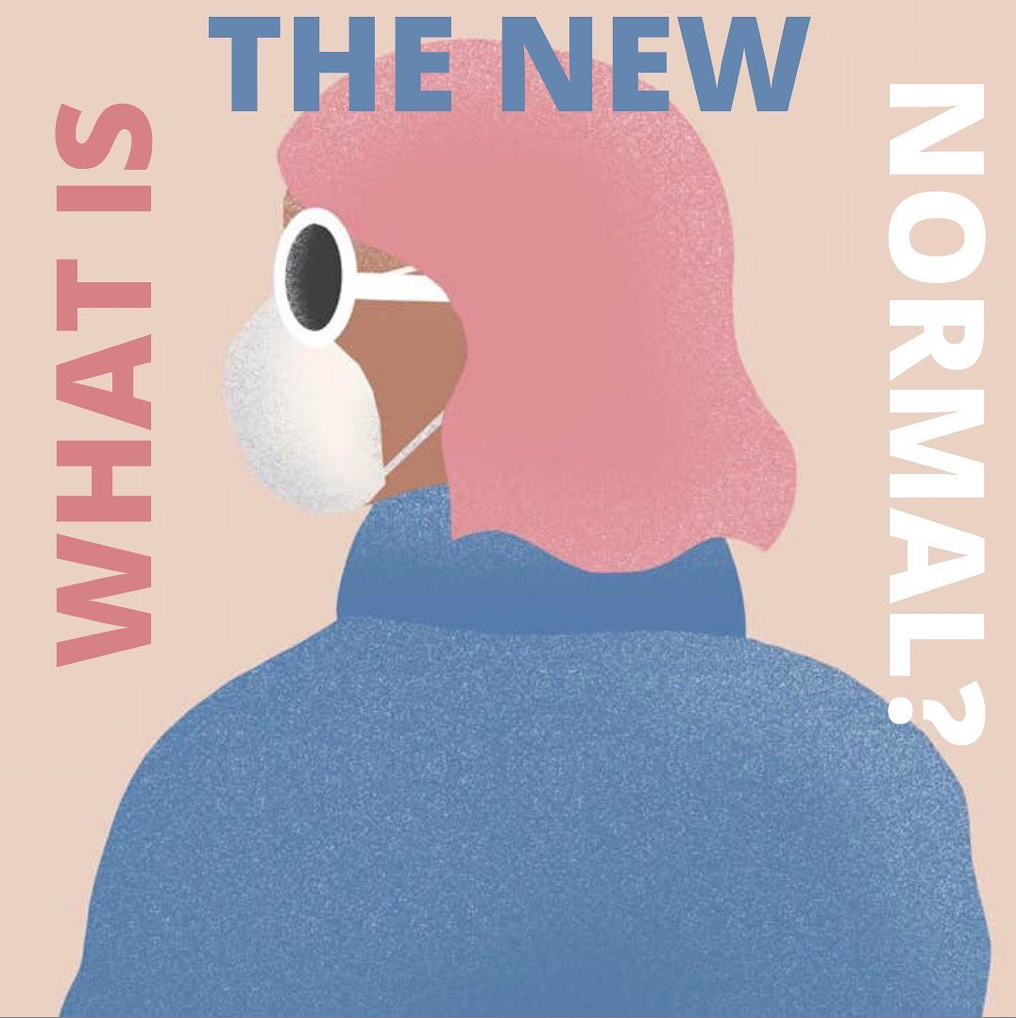"What is the new normal?": This week's question posed by Tamara Cincik, CEO Fashion Roundtable
By Tamara Cincik
Recently I was interviewed by Eco-Age about the progress we’ve seen in the fight against fast fashion. I reflected on the fact that many of the issues we were talking about paralleled the reality of the pandemic — if we do not safeguard workers, if we run down services and allow flawed systems to continue, we are all accountable. It is time now, to speak up and call it out, whether that is slavery in supply chains, or policies which fail to support everyone within our communities.
“The myth of this time of the global pandemic is that this is a democratic illness: that we are all in this together and from this will come a new, enlightened reality. The truth is that those on the front line are often on lower wages, and many come from working class backgrounds. 23 TFL bus drivers (a number tragically rising fast) have died in London alone from COVID-19. We are losing more drivers and nurses, more elderly people in care homes, than we are those who can self isolate in style. Meanwhile Refuge have reported a 120% rise in calls from domestic violence victims since the lockdown.
Fashion Roundtable will continue to advocate for inclusive, long-term policies, which support an inclusive more holistic economy. However we are alert to the issues at stake here: rundown services and the impacts of flawed economics, undermining services and basic respect for our fellow citizens. Many of these issues parallel those of the awful Rana Plaza tragedy: if we do not safeguard workers, if we run down services and allow flawed systems to continue as company practice, we are all accountable. What we sow, we reap. It is time now, to speak up and call it out, whether that is slavery in supply chains, or policies which do not support all within our communities, now more than ever.”
We are posing the question what is "The New Normal" on our Friday webinar at 2pm and I am interested to hear what people would like our lives, our business and our economy to be when we leave the lockdown. We are being joined by Professor Dilys Williams, Director of the Centre for Sustainable Fashion at UAL, as well as our Fashion Director Karen Binns and our Communications Director Jodi Muter-Hamilton. As while I am as keen for change as anyone, now is the time to be as alert as possible to the optimum opportunities as well as the underlying worrying issues. Follow the link here to RVSP for the webinar.


